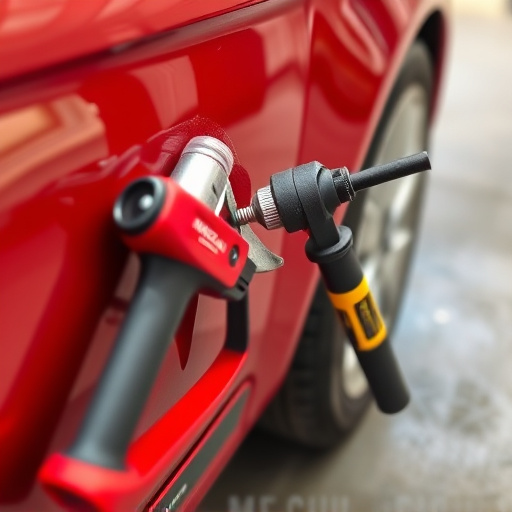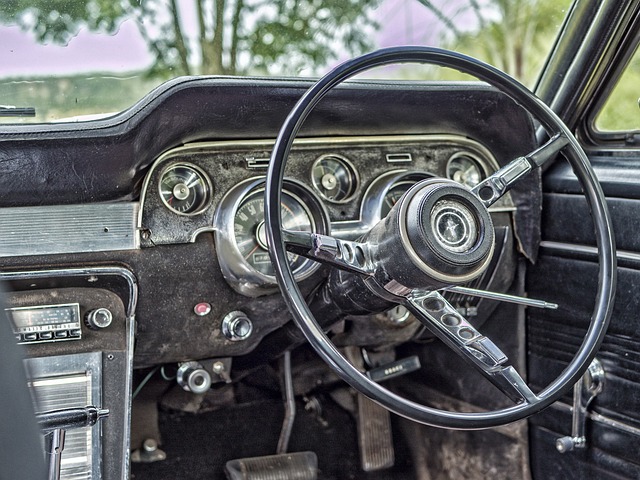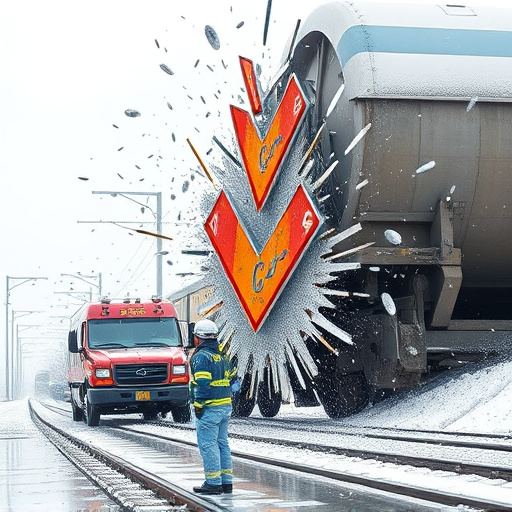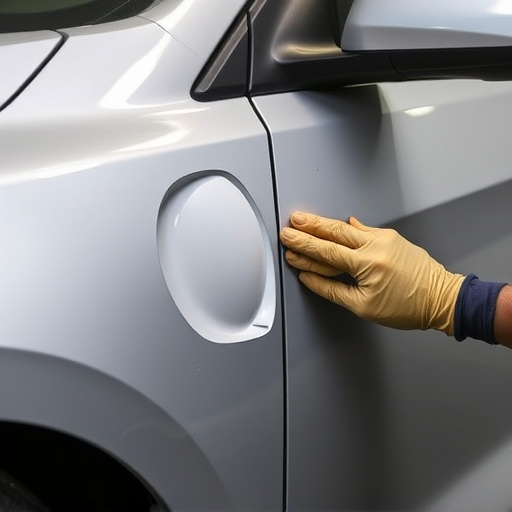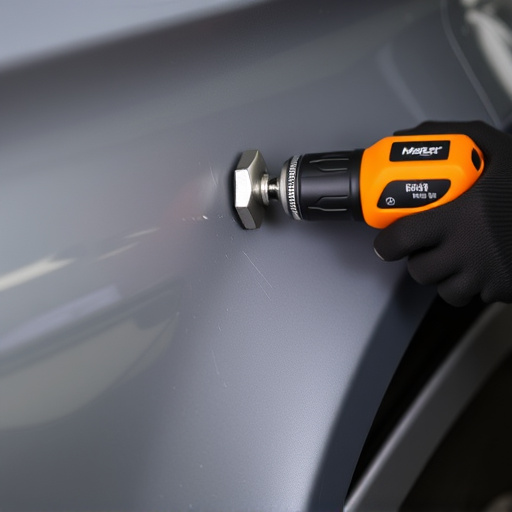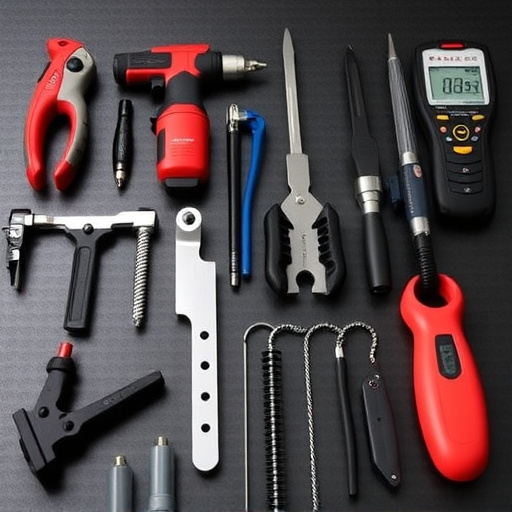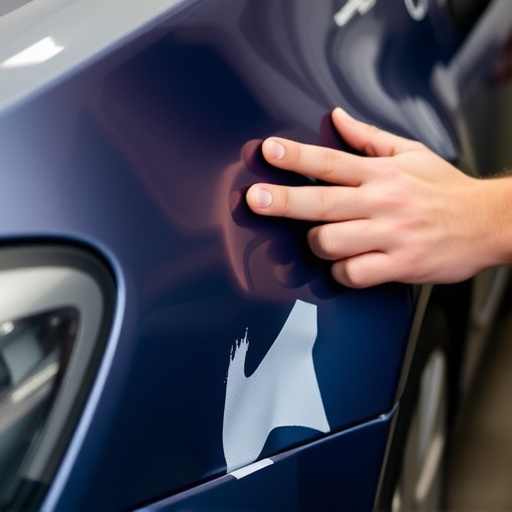Rural auto body shops thrive on leveraging local suppliers for quality materials at competitive prices, skilled labor, and streamlined processes. They excel in car restoration and fleet repair, cater to diverse customers, embrace eco-friendly practices with recycled materials and water-based paints, and align with consumer demand for sustainable solutions.
In the competitive landscape of automotive repair, rural auto body shops often find unique ways to keep costs low without sacrificing quality. This article explores three effective strategies employed by these shops: leveraging local suppliers and resources, implementing efficient work flow and training practices, and embracing eco-friendly materials and techniques. Discover how these methods not only reduce expenses but also enhance the sustainability and competitiveness of rural auto body shops.
- Leveraging Local Suppliers and Resources
- Efficient Work Flow and Training Practices
- Embracing Eco-Friendly Materials and Techniques
Leveraging Local Suppliers and Resources

Rural auto body shops often thrive on their ability to leverage local suppliers and resources, a key strategy to keep costs low. By cultivating strong relationships with nearby businesses and farmers, these shops can source quality materials at competitive prices. Local suppliers typically have lower overhead costs compared to large, distant distributors, allowing for cost savings that can be passed on to customers. This also promotes sustainability by reducing the environmental impact of transportation.
Furthermore, rural communities often boast a wealth of skilled labor, making it easier for auto body shops to find trained technicians without the premium associated with urban areas. This local talent pool contributes to efficient operations and further reduces expenses related to recruitment and training. For smaller, independent rural auto body shops, these strategies are essential for maintaining profitability while offering competitive services, including car restoration and fleet repair services, catering to both personal and commercial vehicle restoration needs.
Efficient Work Flow and Training Practices

Rural auto body shops often thrive on efficiency and streamlined work processes to keep costs low while maintaining high-quality standards in automotive repair. These businesses typically have well-structured training programs for their employees, focusing on specialized techniques tailored to the unique challenges of repairing vehicles in remote areas. By optimizing work flow, they minimize downtime and maximize productivity. This involves efficient inventory management, ensuring that commonly needed parts are readily available, and implementing systems for quick turnaround times on repairs, such as car dent repair services.
The training practices in these shops emphasize practical skills development, enabling technicians to tackle a wide range of issues, from minor dents and scratches to more complex structural damage. This versatility allows rural auto body shops to serve a diverse customer base, including local farmers, ranchers, and tourists who might not have easy access to collision centers in nearby cities.
Embracing Eco-Friendly Materials and Techniques

Rural auto body shops are increasingly adopting eco-friendly materials and techniques to keep costs low while reducing their environmental impact. By utilizing recycled materials for parts and supplies, these shops can lower their material expenses and contribute to a more sustainable future. For instance, many are opting for biodegradable plastics and composite materials that require less energy to produce and dispose of compared to traditional options.
In the realm of automotive body work and vehicle body repair, embracing green techniques like water-based paints and environmentally friendly adhesives can significantly cut down on labor costs associated with cleaning up hazardous chemicals. Additionally, these methods often lead to faster drying times, reducing downtime for repairs. Such innovations not only benefit the shops’ bottom line but also align with growing consumer demand for eco-conscious solutions in the industry.
Rural auto body shops excel at keeping costs low through a combination of leveraging local resources, implementing efficient work flows, and embracing eco-friendly materials. By partnering with nearby suppliers and adopting sustainable practices, these shops not only reduce expenses but also contribute to their communities and the environment. Their innovative training methods ensure high-quality work while maintaining affordability, making rural auto body shops competitive alternatives for cost-conscious customers.
